Dozens of senior military officials appeared on Gabonese television to announce that the election results had been annulled, borders closed and state institutions dissolved. They said they represented all of Gabon's security and military forces.
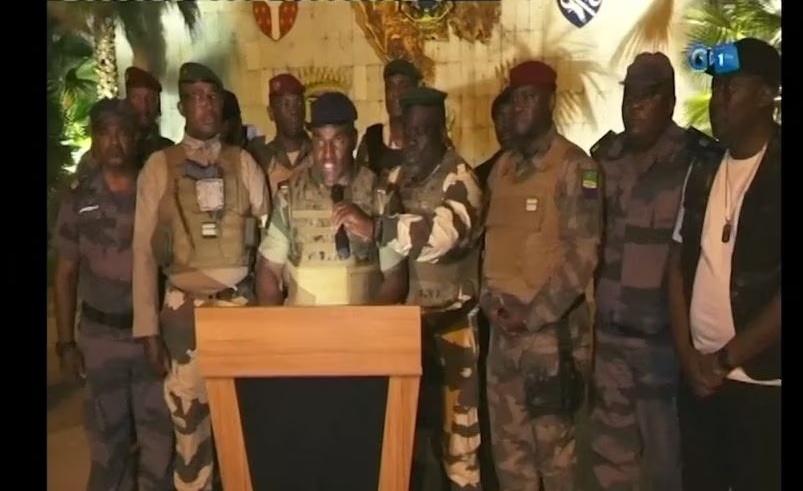
Gabon's coup group appeared on television announcing the overthrow of President Ali Bongo Ondimba's government. Photo: Gabon 1ere
8th coup in West and Central Africa since 2020
Hundreds of people took to the streets of the capital Libreville to celebrate in the morning, according to television images, following the coup announcement overnight and apparently filmed from Gabon's presidential palace.
If successful, this would be the eighth coup in West and Central Africa since 2020. The most recent was in Niger. Military groups have also taken power in Mali, Guinea, Burkina Faso and Chad.
The military coup group, calling itself the Institutional Transition and Restoration Committee, said Gabon was "going through a serious institutional, political , economic and social crisis", and said the August 26 election was not transparent or credible.
Gunfire was heard in Libreville following the announcement of the ouster of President Bongo, whose family had held power for more than half a century in the oil and manganese-producing country. The streets were largely quiet afterward, with police guarding major intersections in the city.
There was no immediate response from Gabon authorities and no reports of the whereabouts of Mr Bongo, 64, who was last seen during a public vote on Saturday.
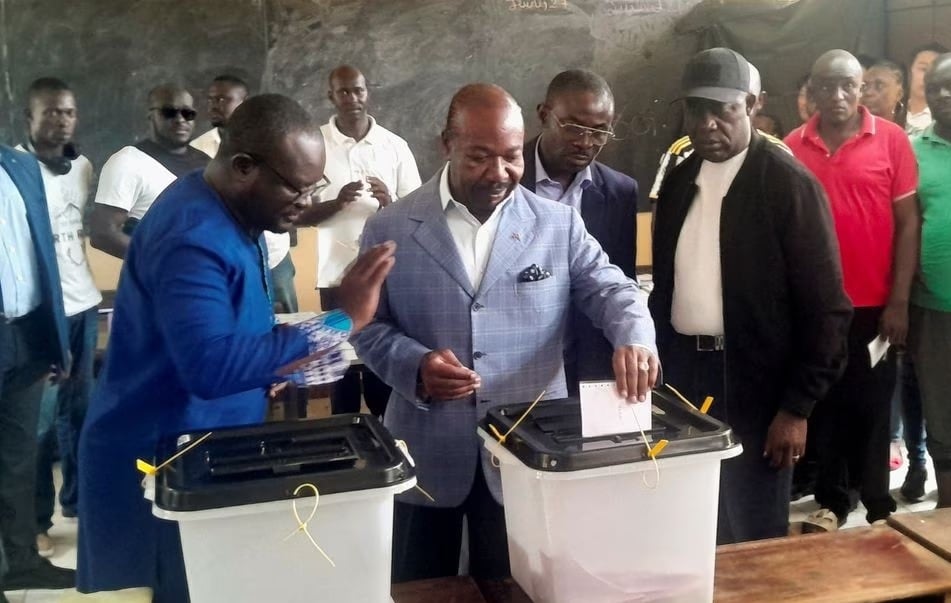
Gabon's President Ali Bongo (center) casts his vote last Saturday. Photo: Reuters
President Bongo appeared in public ahead of the vote looking healthier than his previous weak and rare television appearances following a stroke in 2019.
French Prime Minister Elisabeth Borne said France, which once colonized Gabon, was closely monitoring the situation.
The coup in Gabon has added to the challenge for France's presence in the region. It has about 350 troops stationed in Gabon. French forces were expelled from Mali and Burkina Faso after coups in those countries, amid widespread anti-French sentiment in the region. Most recently, the coup group in Niger also ordered French soldiers and diplomats to leave.
Wave of coups spreading in Africa
Niger and other countries in the Sahel region have struggled with insurgencies by Islamist militants, eroding confidence in democratic governments. Gabon, further south on the Atlantic coast, does not face similar challenges. But the coup underscored the instability that has spread across the region.
Discontent with the Bongo family’s 56-year rule has been growing in Gabon, an OPEC member. Violent unrest erupted after Bongo’s 2016 election victory and a failed coup attempt in 2019, months after the president suffered a stroke abroad, raised doubts about his leadership.
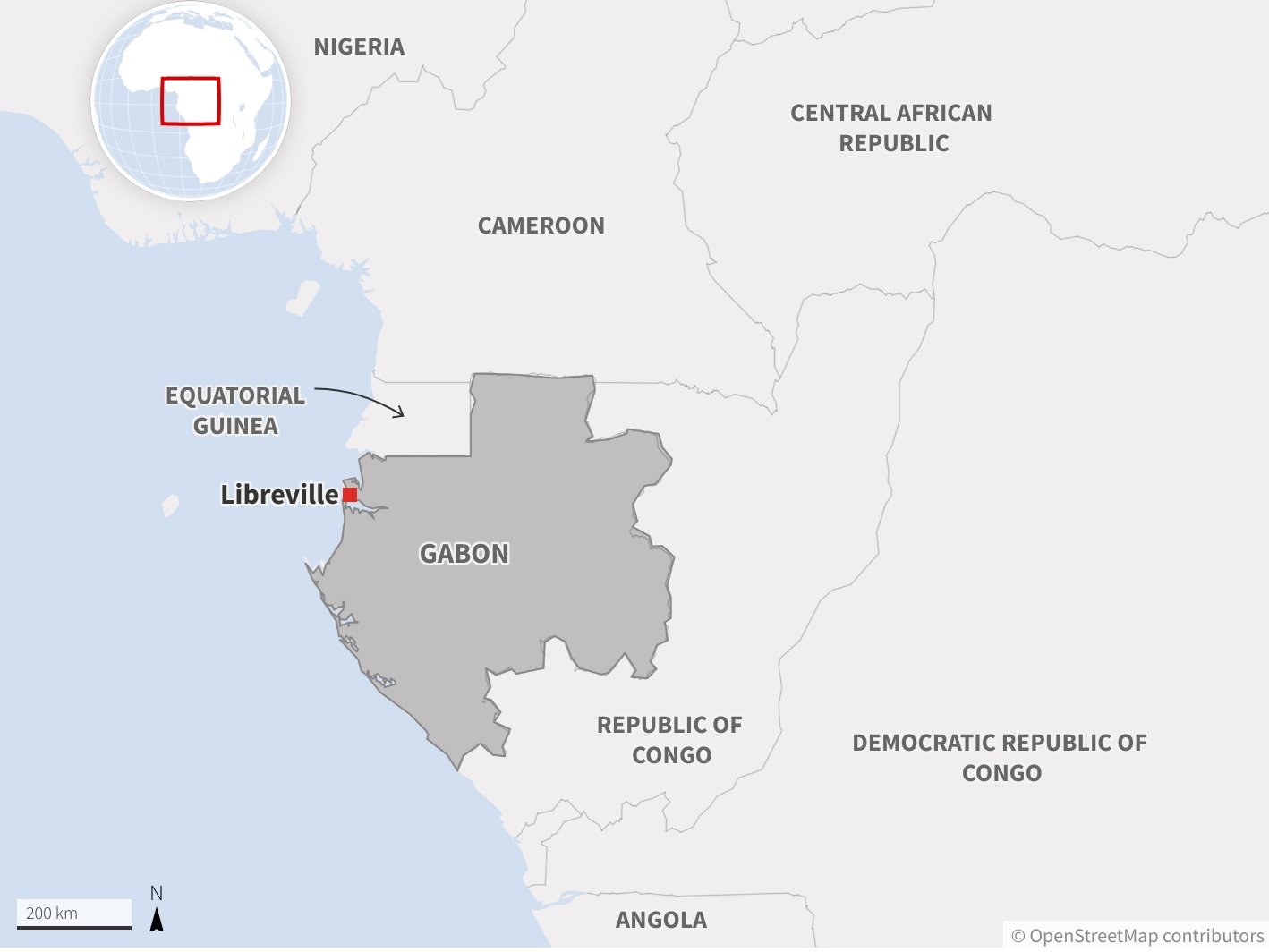
Location of Gabon on a regional map. Graphic photo: Reuters
“We think the soldiers want to hold on to power and will establish some form of dialogue to draft a new constitution, while removing the Bongo loyalist bureaucracy,” wrote François Conradie, chief political economist at Oxford Economics.
Bongo's critics say his family has done little to channel Gabon's oil and other wealth to a population of about 2.3 million, a third of whom live in poverty.
Gabon produces about 200,000 barrels of oil a day, mostly from depleted fields. International companies operating there include France's TotalEnergies and Anglo-French producer Perenco. French miner Eramet, which has a large manganese operation in Gabon, said it had suspended operations.
There have been concerns about unrest following the Gabon presidential, parliamentary and legislative elections. Mr Bongo's administration cut off internet access and imposed a nationwide nighttime curfew after the election, raising concerns about the integrity of the vote and escalating unrest.
The Gabon coup group said the state institutions it had dissolved included the government, senate, parliament, constitutional court and electoral body. Following the announcement, internet access appeared to have been restored for the first time since Saturday's vote.
Gabon's electoral center said earlier on Wednesday that Mr Bongo had won the election with 64.27% of the vote and his main rival, Albert Ondo Ossa, had won 30.77%.
Mr. Bongo succeeded his father, Omar Bongo, as President of Gabon in 2009 and was re-elected in a controversial election in 2016.
Huy Hoang (according to Reuters, AP)
Source



![[Photo] President of the Cuban National Assembly visits President Ho Chi Minh's Mausoleum](https://vphoto.vietnam.vn/thumb/1200x675/vietnam/resource/IMAGE/2025/10/1/39f1142310fc4dae9e3de4fcc9ac2ed0)


![[Photo] Hanoi morning of October 1: Prolonged flooding, people wade to work](https://vphoto.vietnam.vn/thumb/1200x675/vietnam/resource/IMAGE/2025/10/1/189be28938e3493fa26b2938efa2059e)

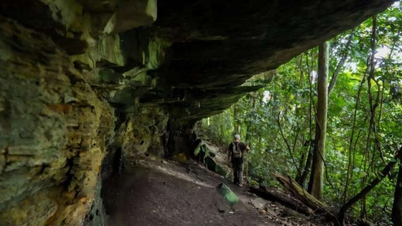


























































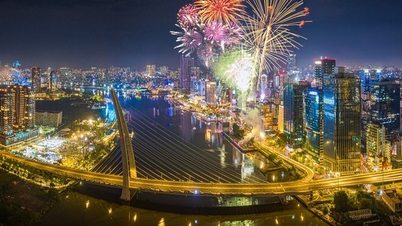

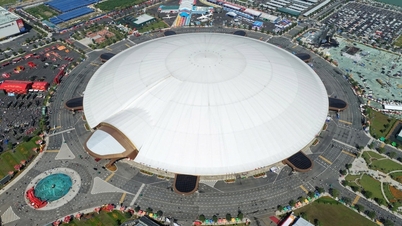






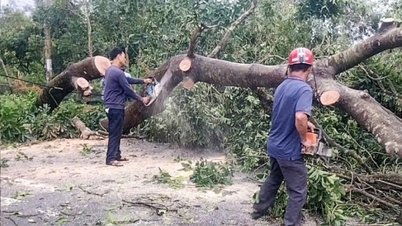






















Comment (0)